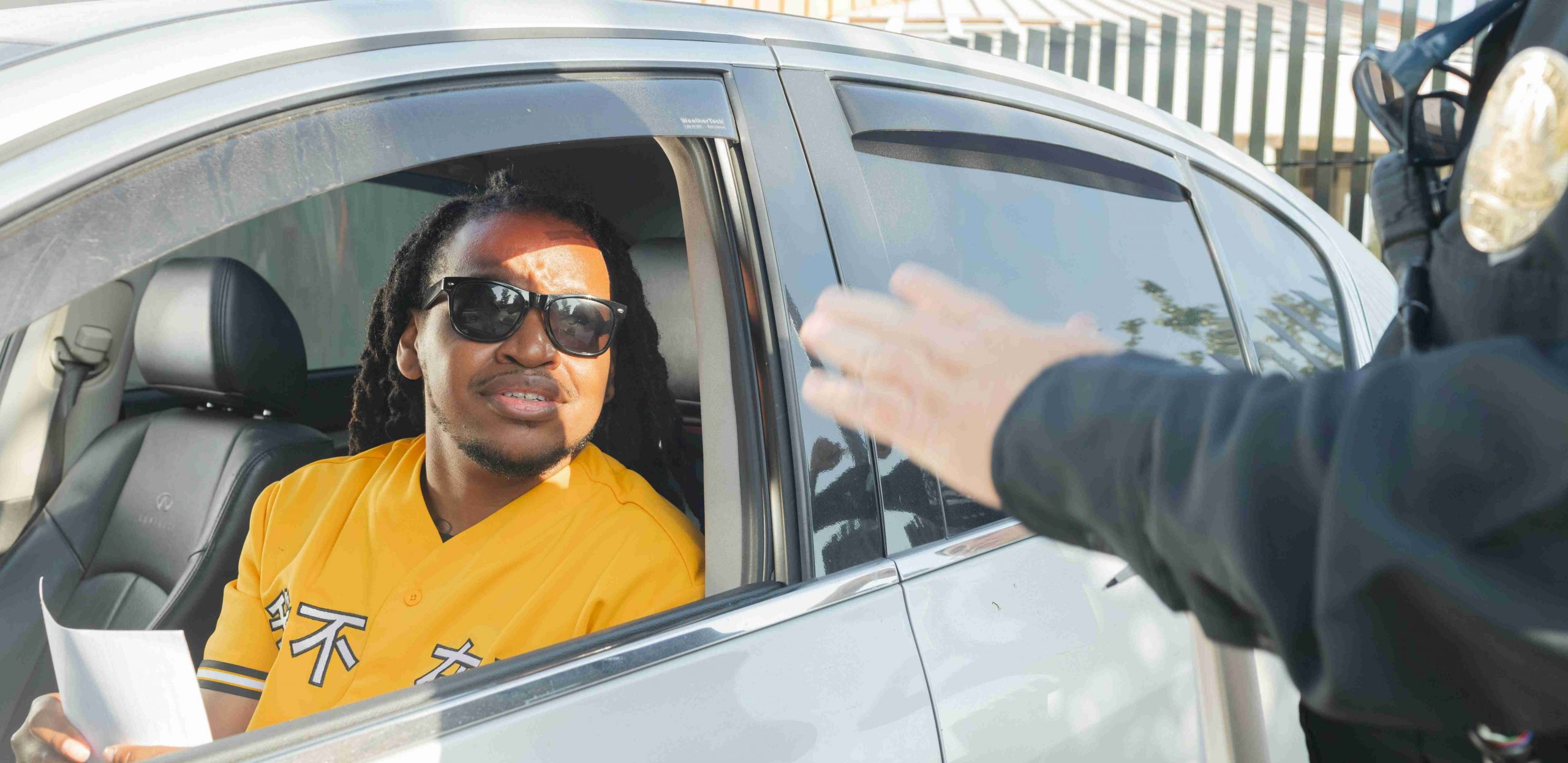Buying a used car in Colorado? Are you sure you know all your rights when it comes to lemon laws, emissions testing, and title transfers? Before making your purchase, run a Colorado license plate lookup to ensure you’re fully protected and making a smart, informed decision.
Navigating Colorado’s Used Car Laws: What Every Buyer Should Know

Buying a used car in Colorado requires awareness of several legal factors, such as lemon laws, emissions tests, title transfers, and consumer rights. This guide offers valuable insights into these key areas, guiding you toward making smart choices and enjoying a seamless car-buying journey.
Colorado Lemon Laws for Used Cars
SB24-192 expands Colorado’s motor vehicle “lemon law,” requiring manufacturers or dealers to replace or repurchase defective vehicles that fail to meet warranty standards. It extends the coverage period to the earlier of 24,000 miles or two years, reduces the repair attempts required from four to three (or two for safety-related issues), and lowers the out-of-service repair days from 30 to 24. A 10-business-day limit is set for manufacturers to fix defects. The statute of limitations is extended to 30 months after delivery. The law also mandates inspections or a 7-day return period for vehicles and requires dealers to notify the department of revenue when a vehicle is returned, resulting in a title brand for future buyers. Non-compliance may result in discipline, with $19,605 appropriated for implementation in 2024-25.
As-Is Sales and Warranties
In Colorado, used cars from private sellers and some dealerships might be sold “as-is,” meaning the buyer agrees to take the vehicle in its existing state, with no guarantee of repairs or coverage. In such cases, the buyer assumes responsibility for any defects or problems that arise later. However, if a seller offers a warranty, Colorado law mandates that they uphold any repair promises for covered defects during that period. It’s wise to confirm if a warranty is included before completing the deal.
Emissions Testing Requirements
In Colorado, emissions testing is required in specific regions to maintain environmental standards. If you reside in the Denver-Boulder metro area, your used vehicle must clear an emissions test prior to registration. Sellers in these locations must present a valid emissions certificate to the buyer. It’s important for buyers to check if the car requires emissions testing based on their location, as well as the vehicle’s year and type.
Title Transfer Process
Transferring a car’s title in Colorado is a vital step following the acquisition of a used vehicle. Both the buyer and seller must sign the title, and the buyer must present it to the Colorado Division of Motor Vehicles (DMV) within 60 days of the sale. Additionally, the buyer needs to pay a title transfer fee and submit a bill of sale. Delaying this process can lead to late fees and challenges during vehicle registration.
Vehicle History Reports
For those in Colorado looking to buy a used car, grabbing a vehicle history report through a VIN check or license plate number lookup is a smart move. These reports reveal important details about original specifications, past accidents, ownership changes, warranty, and title concerns, including if the vehicle has been salvaged or marked as a lemon. While it’s not a legal requirement, a car report provides valuable insights, steering buyers clear of potential headaches and giving them a complete picture of the vehicle’s background.
Disclosure Obligations for Sellers
In Colorado, sellers must reveal any major defects they know about in the vehicle during the sale process. If a seller neglects to disclose known issues, the buyer might have valid reasons for legal action. This rule applies to both private sellers and dealerships. Buyers should inquire about the car’s condition and ask for any maintenance records available to gauge the vehicle’s reliability and background.
Consumer Protections for Dealership Sales
In Colorado, shoppers at dealerships enjoy added safeguards thanks to state law. These establishments must adhere to strict rules concerning advertising, sales tactics, and vehicle information. For instance, they are prohibited from selling cars with hidden salvage titles or tampering with odometers. Should a dealership breach these regulations, customers have the right to lodge complaints with the Colorado Department of Revenue’s Auto Industry Division.
Return and Refund Policies
In Colorado, there’s no “cooling-off” period for used car sales, so once the deal is done, you can’t return the vehicle just because you’ve had a change of heart. Dealerships may have their own return or refund policies, though, so it’s a good idea to check with them ahead of time. In private sales, returns are typically off the table unless specifically stated in the agreement.
Financing and Legal Protections
Financing a used car in Colorado comes with a set of legal protections for consumers, particularly in lending and loan agreements. Dealerships are required to present clear terms covering interest rates, fees, and loan duration. State law shields consumers from predatory lending, granting them the right to thoroughly review and comprehend all loan documents prior to signing. Ensuring clarity in financing terms helps buyers avoid or minimize potential financial pitfalls.
Handling Disputes and Legal Recourse
In the event of conflicts during a used car deal, Colorado provides multiple paths for resolution. Consumers can submit complaints to the Colorado Department of Revenue or the Better Business Bureau if issues involve a dealership. For private transactions, turning to small claims court or seeking mediation may be necessary. If fraud or misrepresentation occurs, legal actions can be taken to hold the seller responsible and recover losses.
Avoid costly mistakes and hidden issues that could surface after buying a used car in Colorado. Running a Colorado free license plate check today shields you from unexpected surprises and provides the critical details needed to safeguard your decision. Skipping this step could mean missing out on information that could make all the difference.